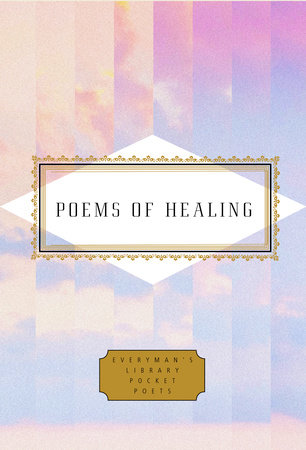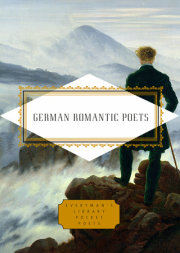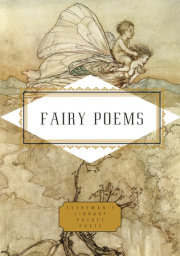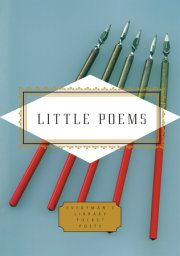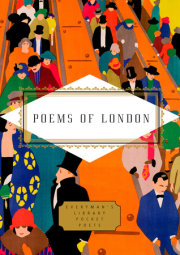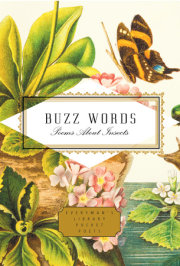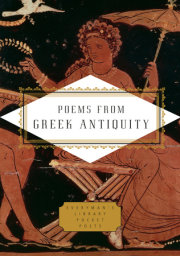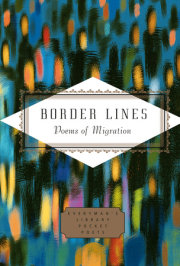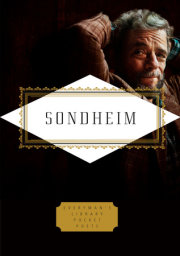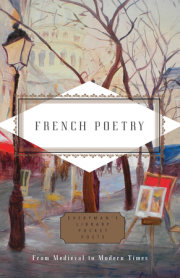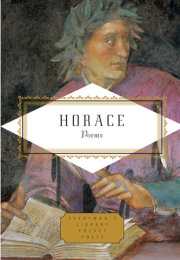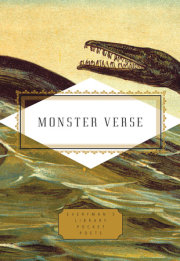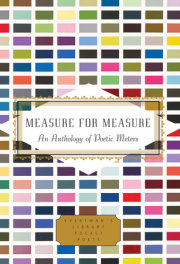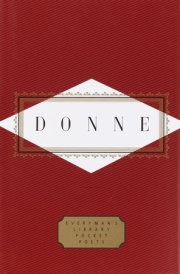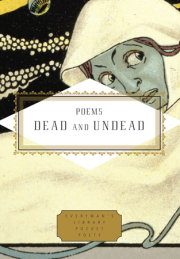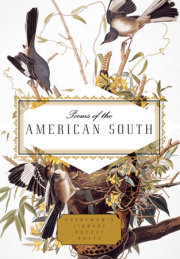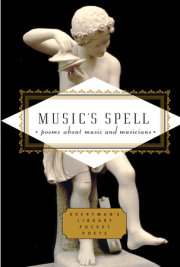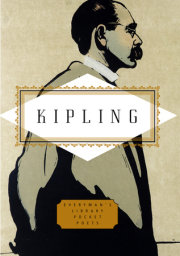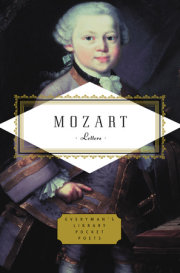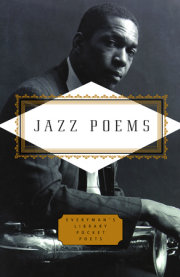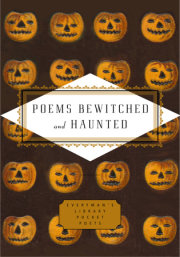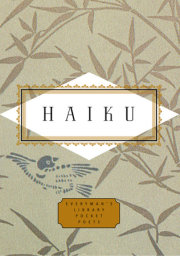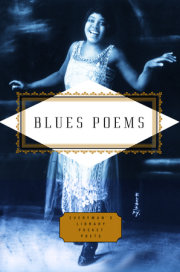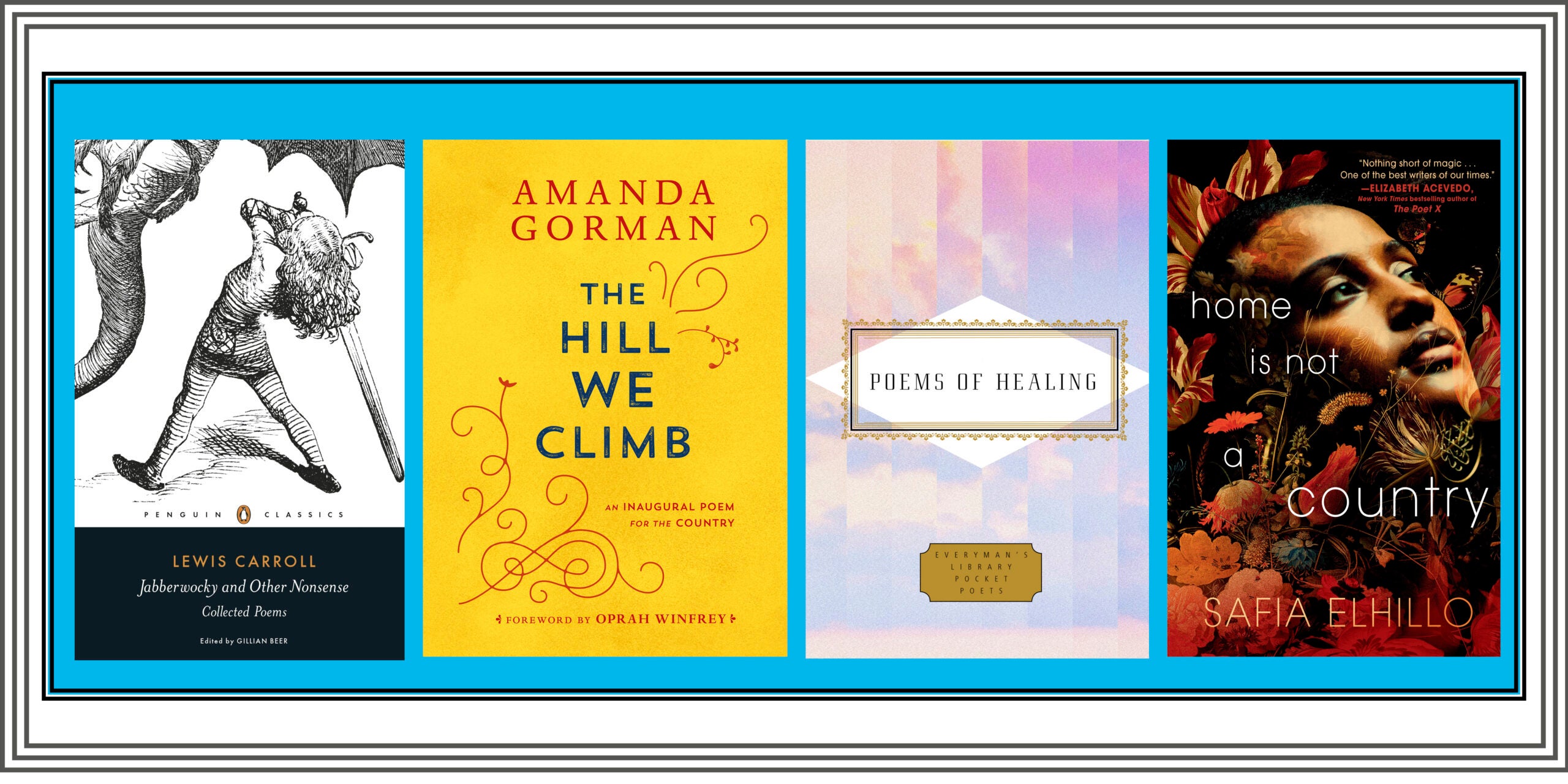FOREWORD
“De profundis clamavi,” goes the first verse of Psalm 130, “Out of the depths have I cried unto thee, O Lord.” Healing is not a final state; it is not an end. It is, instead, a process. Sometimes it begins in those depths, whether they are physical, mental, or spiritual, and moves toward recovery. Healing takes time: and from this point of view, it would seem to be uniquely unsuited to our moment, which is habituated to reaction, rapid absorption and constant change. Healing does not work this way. It shares with poetry the need for participation in a process, if it is to provide a true cure, a lasting relief. Nor does merely
declaring a cure necessarily make that cure effective, because poetry works by means of laws as mysterious and yet irrefutable as those of science. In poetry there is the genuine cry and the feigned one, just as in medicine there is the genuine cure and the snake oil, and it is helpful to know the difference between them. As the poet, critic and translator Richard Howard observed long ago in another context, poetry is not a lotion or ointment to be slathered on the outside; it is an inner treatment.
I wrote the preceding paragraph in December 2019, having started to gather the poems for this anthology a year before that. Like everyone else in the age of the internet, I was simultaneously connected and disconnected, knowing and clueless, and was only peripherally aware of what had been happening in Wuhan, China. I had no idea that within three months, the Coronavirus pandemic would begin to infect millions, kill hundreds of thousands, and cause worldwide economic devastation.
My primary care physician is also a scholar of the Vedas. Suffering from what I learned was labyrinthitis, an infection of the inner ear causing vertigo, I asked him why dizziness often results in a feeling of intense nausea. He looked at me and smiled and said, “Medicine is not very good at answering the question
Why.” I was surprised at this response, from one as wise as he. I thought doctors were scientists. I thought answering the question
Why? was the essence of any medical diagnosis. But maybe this is partly a matter of focus. In her memoir
Body of Work: Meditations on Mortality from the Human Anatomy Lab, Christine Montross writes, “At times, in fact at most times, specific knowledge in medicine seems to be better understood than general knowledge.” Poets, on the other hand, sometimes use the specifics of the world around them to arrive at a more general knowledge of what it means to be alive.
This anthology tracks a process beginning in illness, moving through a diagnosis (whether or not it answers the question
Why?) to the identification of a remedy, and the possibility of healing. As the only creatures we know of afflicted with a lifelong knowledge of our own eventual extinction, of course we rejoice in our recovery. That rapture takes its point, however, its texture and its authenticity, from the knowledge of what we have come through. And we are never quite cured of what we know lies ahead.
The earliest poem in this anthology is one by the ancient Greek poet Sappho of Lesbos (and she is describing the symptoms of the sickness called being in love); the most recent, a homey reminiscence by a contemporary poet of a rubber hot water bottle, has not yet appeared in a book. The illnesses catalogued here range from “spleen” to substance abuse, from anorexia to AIDS, from depression and bipolar disorder to cancer. The work gathered under the rubric of
Poems of Healing necessarily overlaps with poems included in other anthologies: of elegies, for example, or poems chronicling emotional extremes. Poetry has always existed next door to sacred chant and magical incantation, too, and even the echo chamber of our age cannot quite erase the fact that
words have power. Some poems even borrow the list form of a successful Rx. In many poems, healing is not comfort and time does not heal all. In these poems healing is, instead, perfected remembering.
American poet Elizabeth Bishop’s villanelle “One Art,” already widely enough anthologized not to require inclusion here, concludes with the mordant lines “It’s evident/ the art of losing’s not too hard to master,/ though it may look like (
Write it!) like disaster.” Her parenthesis contains both defiance, and a challenge. For the poets included in this anthology are indeed determined to
write their way out of illness, or if this is not possible, then by means of words to achieve at least a clear perspective on their own mortality. This requires resourcefulness and bravery, and not infrequently, the way out lies through the love of another person or the support of a community. If there is a single ingredient indispensable to the process and the work of healing, these poems suggest that it is love.
(May 2020)
Copyright © 2021 by Edited by Karl Kirchwey. All rights reserved. No part of this excerpt may be reproduced or reprinted without permission in writing from the publisher.

